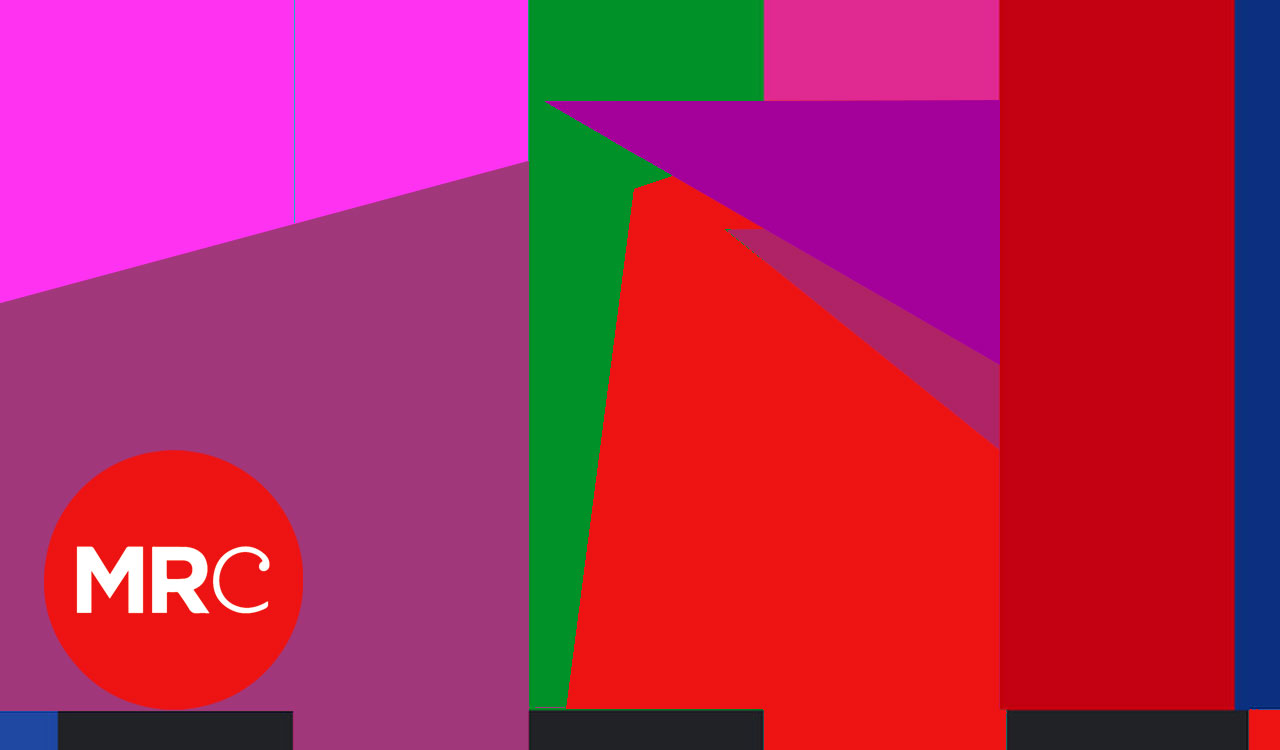In a media commons, media will be truly independent, able to scrutinise the actions of the powerful and inform the public so they can be held to account.
Q: What’s the problem?
All too often, media reflect the interests of owners, advertisers or political parties, and when they’re not independent they can’t be trusted to hold the powerful to account. For example, media mogul Rupert Murdoch was strongly in favour of invading Iraq in 2003 – and so were
all but one of his 175 newspapers across the world. Having the support of his newspapers made it easier for the UK government to ignore millions of people protesting against the war, and to avoid scrutiny of their decisions.
Q: What’s the solution?
Independence is closely related to funding – often, powerful groups are able to exert control over media by threatening to cut off the money. So public media need sustainable sources of funding which preserves their independence. If this money is raised from taxes (like the licence fee) it needs to be administered by organisations which are separate from the government.
Journalists also need to be empowered to do their job properly – to thoroughly investigate issues and help their audiences understand who has power and how that is shaping their perspectives. The National Union of Journalists has long argued for a
conscience clause for journalists, which would allow them to refuse unethical assignments. When media organisations are more democratic, and have strong union representation, they are more likely to be able to produce independent journalism.
Q: Are our public broadcasters independent?
The BBC’s Royal Charter states that it is independent of government. However, there are many opportunities for the government to influence how the BBC operates. The licence fee is renewed every 10 years, and in the last two decades governments have imposed substantial cuts. The government appoints the BBC’s Chair and the majority of the BBC board, and the BBC board chooses the Director General, who tends to be aligned with the government – Greg Dyke was close to New Labour and the new Director General Tim Davie once stood as a Conservative candidate.
Research on the BBC’s news and current affairs in 2007 and 2012 found that it over-represented the views and perspectives of the government of the day, and that this was more pronounced under the Conservatives.
The government also appoints the chair of Ofcom, which regulates the BBC and the other public service broadcasters. Channel 4, which is funded by advertising but publicly owned, is less vulnerable to government interference and seems to have more independent news journalism. However, there are renewed suggestions that the channel might be privatised which could ultimately lead to
interference from shareholders.
Q: Are other media independent?
Most of our newspapers broadly reflect the interests of owners, advertisers and the political parties they are aligned with. For example, when the Telegraph’s political editor Peter Oborne left in 2015, he cited a series of
biased stories linked to companies that advertised in the paper.
Because independence is connected to both funding and journalists working conditions, some of the best examples of independent media are
media cooperatives. While there are different ways to structure a media cooperative, the basic principle is that audiences can become members by paying a subscription fee, and that the journalist workers and reader members all have some role in decision-making. This makes them far less hierarchical as workplaces than commercial media, and means that wealthy individuals or companies can’t have such disproportionate power over their content.



